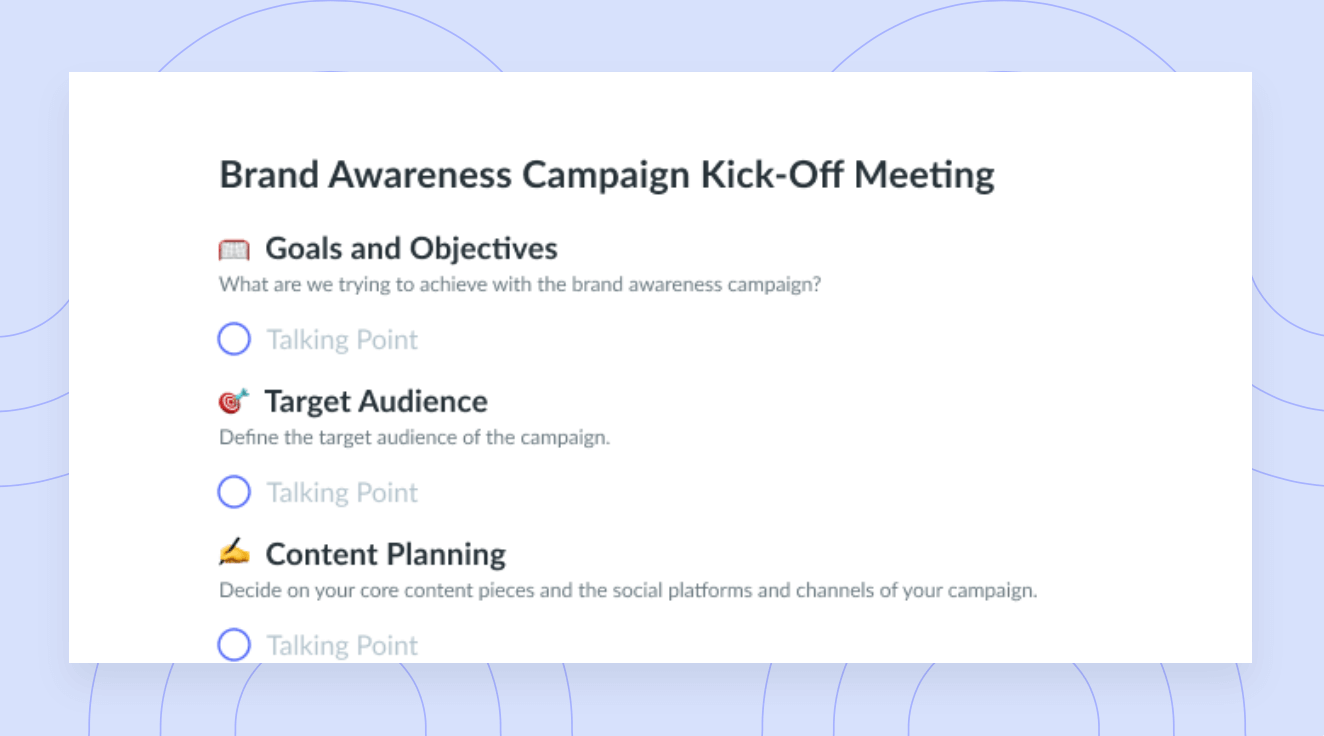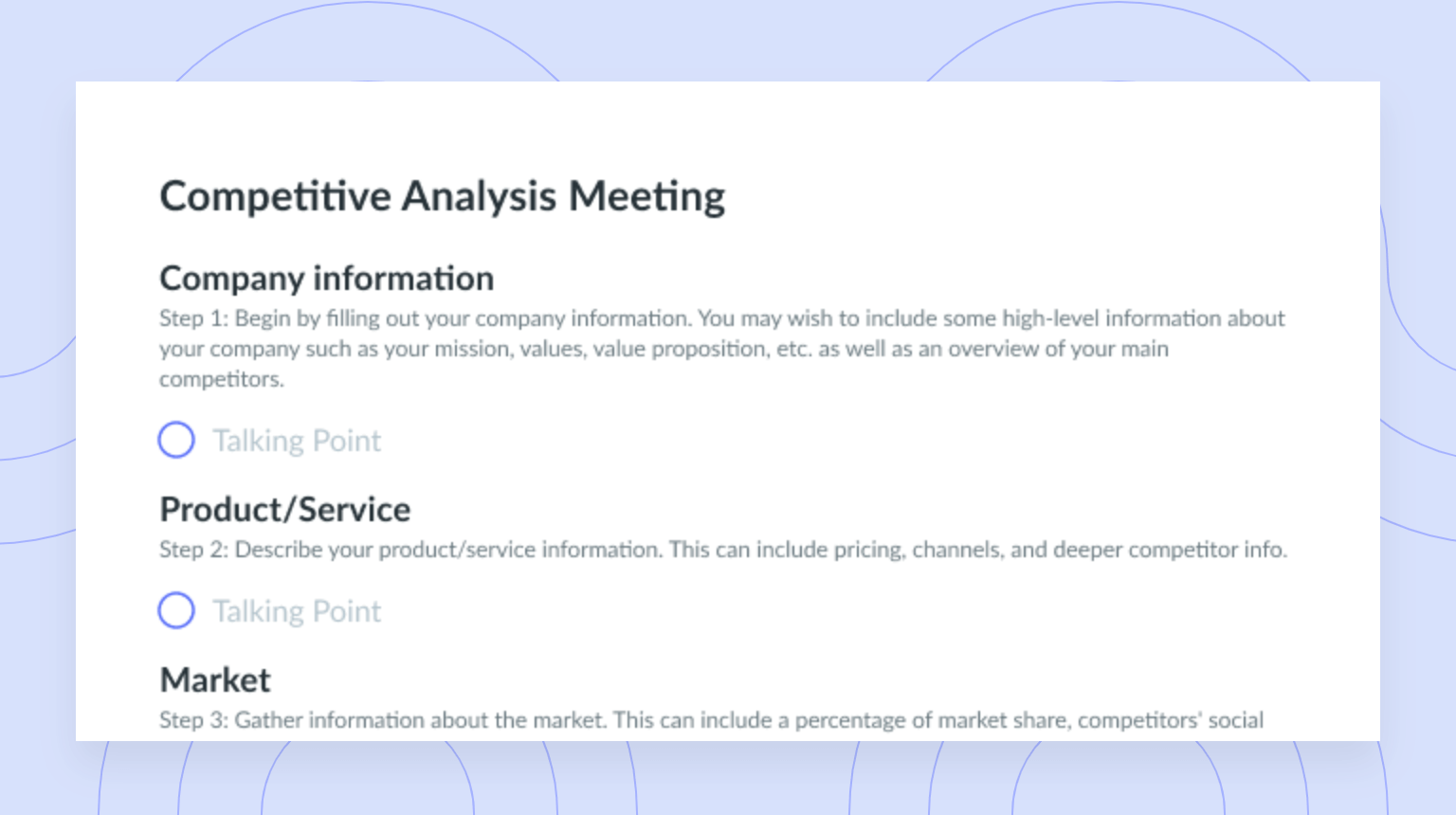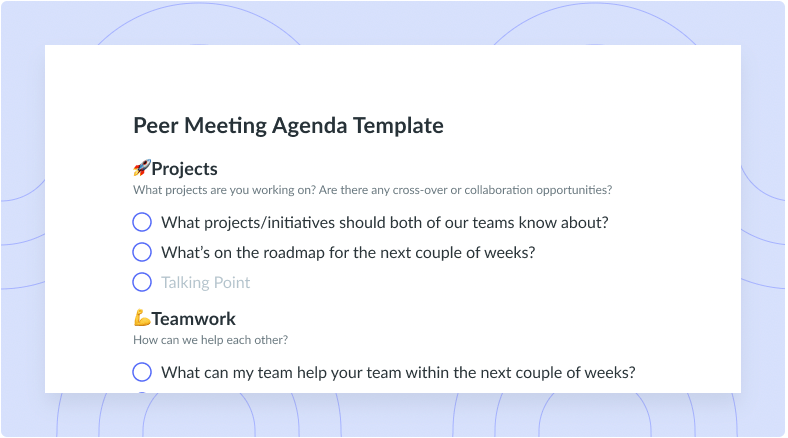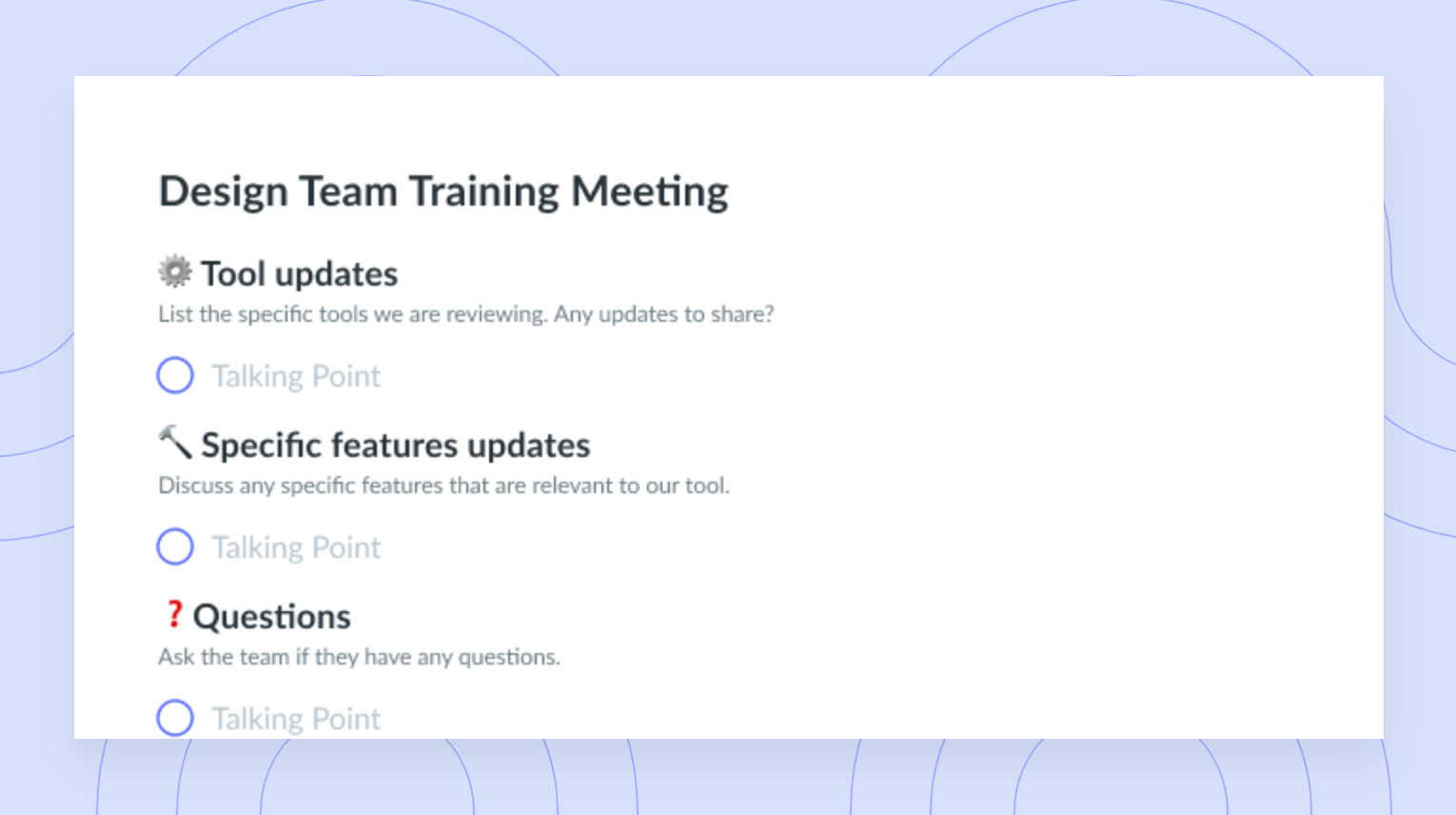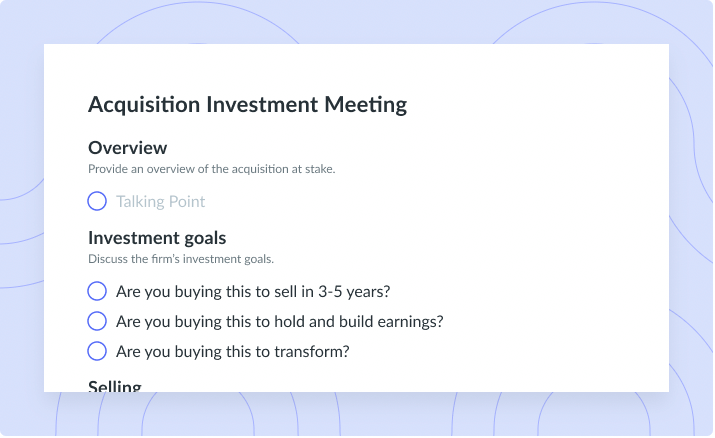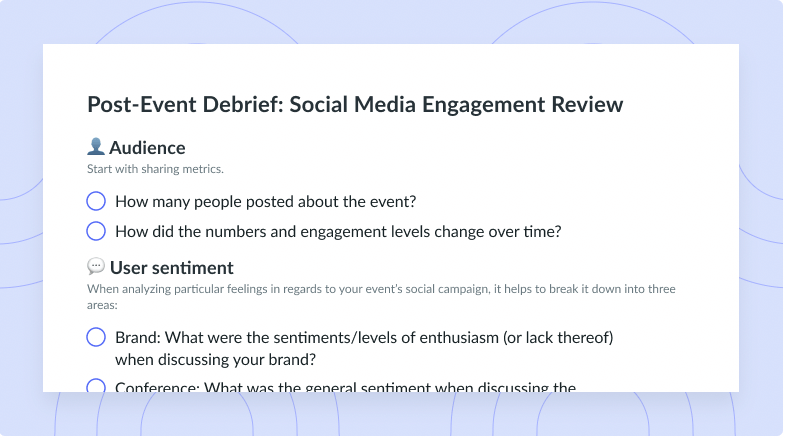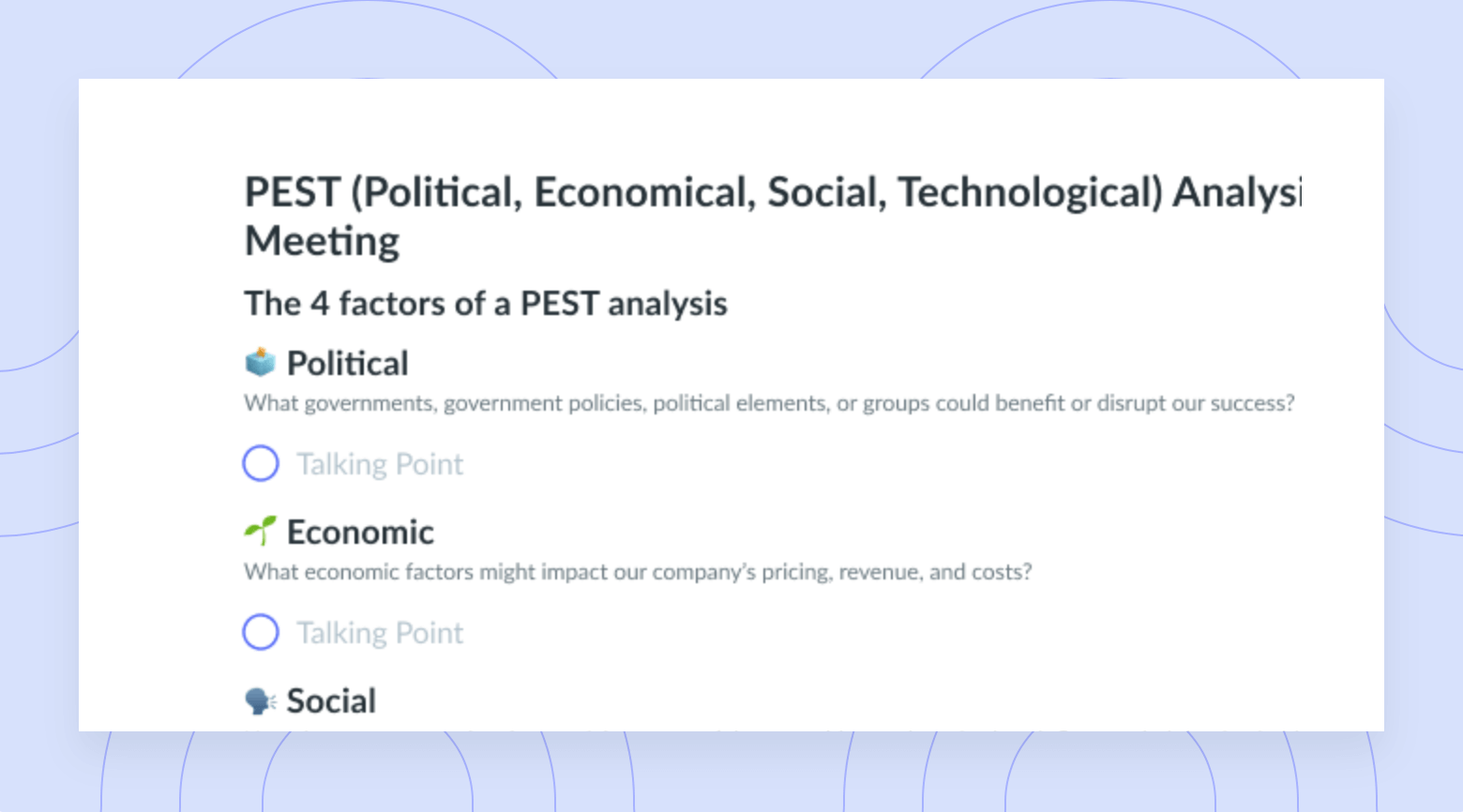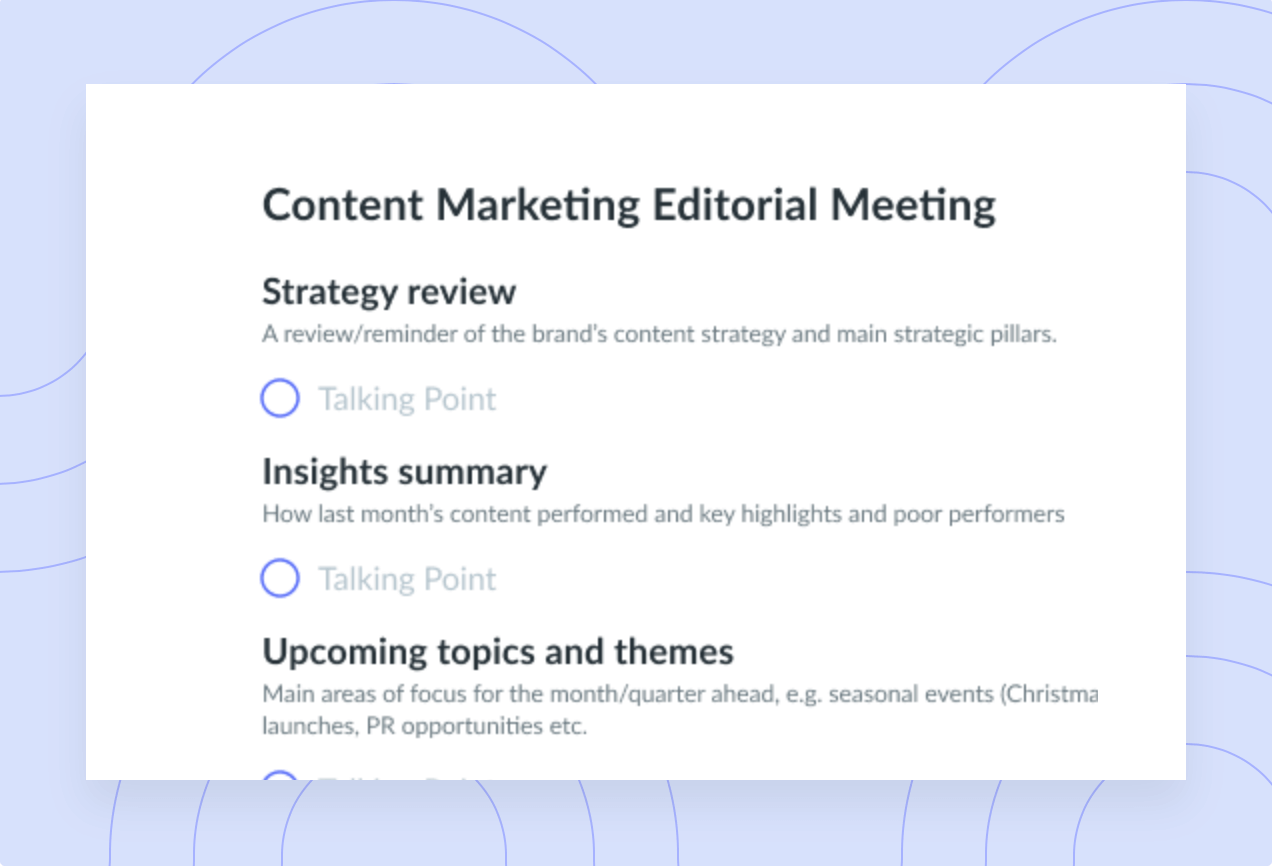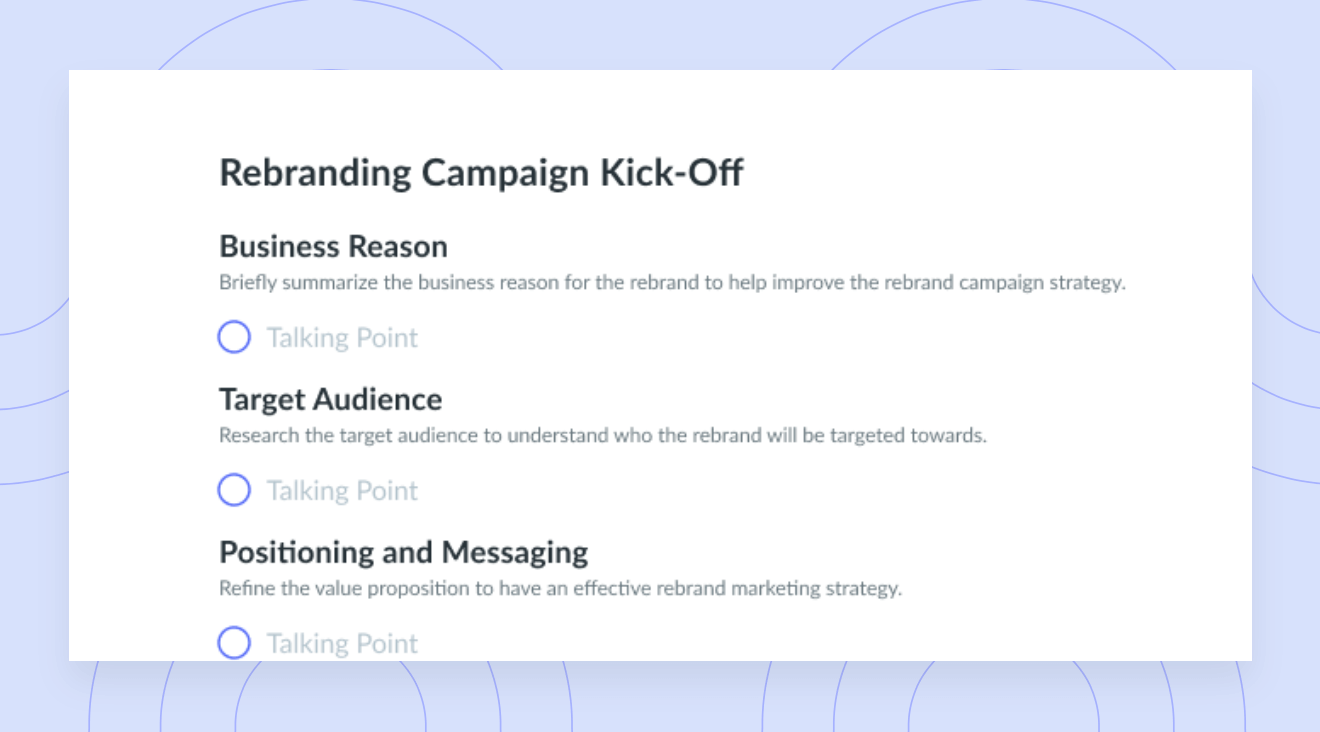Dunning-Kruger Effect: Having a Lack of Self-Awareness
Learn how you can build self-awareness, fight cognitive bias, and build your metacognition with the Dunning-Kruger effect.
While individuals can often be seen as subject matter experts, no one is an expert across all domains at work. With experience, individuals can build knowledge in particular areas and in doing so, may gain more influence in a given company. Sometimes as people seek more power and influence at work, they tend to develop strong opinions and become overconfident, even in areas where they only have minimal knowledge. This overconfidence and lack of self-awareness has been conceptualized in psychology as the Dunning-Kruger effect, first theorized by Justin Kruger and David Dunning in their original 1999 academic article (Kruger & Dunning, 1999).
At work, team members’ ignorance is often invisible to themselves (Dunning, 2011), but quite obvious to others. This affects the way the team works together and creates a challenge for employees to learn from feedback. Because the Dunning-Kruger effect can have quite negative implications for an organization, this article will cover what it is, why it’s important, how it differs from imposter syndrome, and the causes of the effect and how to avoid it.
- What is the Dunning-Kruger effect?
- Dunning-Kruger effect vs. imposter syndrome
- Why is the Dunning-Kruger effect important?
- What causes the Dunning-Kruger effect?
- 6 tips to avoid the Dunning-Kruger effect and boost self-awareness
What is the Dunning-Kruger effect?
The Dunning-Kruger effect is also often referred to as “unknown unknowns,” in the sense that there is often missing information that is relevant to a given project but people cannot identify that they lack this knowledge or information (Dunning, 2011). Ultimately, it is a deficiency of both self-awareness and expertise. Not only does insufficient and misguided knowledge lead people to make mistakes, but it also prevents them from realizing when they are making mistakes (Dunning, 2011).
In the original study, Justin Kruger and David Dunning elucidate what the Dunning-Kruger effect consists of, explaining:
“People tend to hold overly favorable views of their abilities in many social and intellectual domains… this overestimation occurs, in part, because people who are unskilled in these domains suffer a dual burden: Not only do these people reach erroneous conclusions and make unfortunate choices, but their incompetence robs them of the metacognitive ability to realize it.”
(Kruger & Dunning, 1999).
Dunning-Kruger effect vs. imposter syndrome
These two psychological concepts oppose one another. With the Dunning-Kruger effect, ignorance occurs as a result of overconfidence. Unattended, the Dunning-Kruger effect may turn into arrogance, self-righteousness, or narcissism. When individuals present themselves to others as constantly having the right approach, the right answers, and the right information, it can lead to distrust in the organization. No one knows everything, and learning is a lifetime endeavor. People will have more respect for individuals who are honest and genuine, and who voice the areas they’d like to learn more about.
Put plainly, imposter syndrome refers to strong feelings of self-doubt, which can sometimes make individuals feel as if they are not deserving of something or do not belong. If people allow their imposter syndrome to take over, this can lead to psychological distress, leading to stress, anxiety, and depression (Chrousos & Mentis, 2020). Constantly downplaying your accomplishments can lead to sabotaging your own career. It’s essential to build your confidence in your abilities and truly believe that you are deserving of everything good in your life.

Take control of your meetings
Collaborate on meeting notes, foster accountability with action items, and grow with meaningful feedback. Try Fellow today!
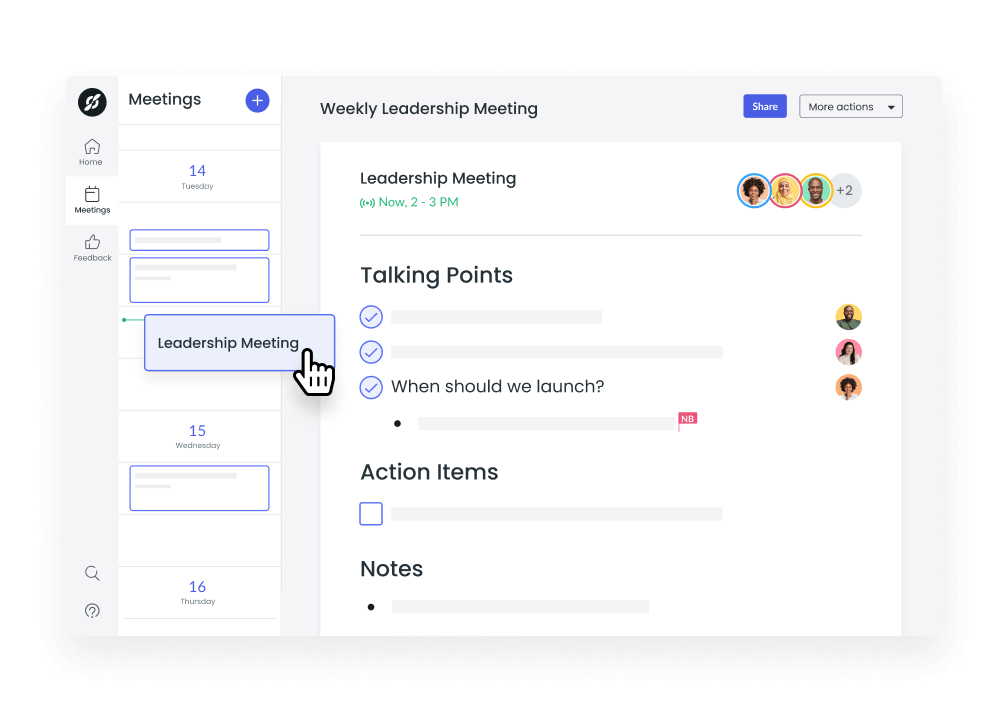
Why is the Dunning-Kruger effect important?
We’ve all fallen victim to claiming we know more than we do in a given situation. It’s important to learn and be aware of the Dunning-Kruger effect so we can recognize symptoms of the effect in ourselves. In this way, the Dunning-Kruger effect helps us build self-awareness so we can contribute to more honest and genuine interactions. It also helps us identify areas that we may want to strengthen and further develop so we make fewer mistakes and can build genuine confidence in skills and experience.
What causes the Dunning-Kruger effect?
1Being unable to recognize when you’ve made a mistake
Deficits in skill and experience cause people to perform poorly and make more mistakes. After mistakes have been made, the Dunning-Kruger effect keeps individuals from recognizing that they’ve made a mistake in the first place. This is because their deficient knowledge and error-filled work leads them to be unable to acknowledge their shortcomings. Being unable to recognize when you’ve made a mistake can cause tension in the work environment and damages trust and honest communication.
2Being overconfident
Sometimes when people have a little bit of knowledge, it can lead to overconfidence. Someone may have a very limited awareness about a topic, but they may behave as if they’re an expert on the matter due to the Dunning-Kruger effect. This becomes dangerous for the entire team and the organization, as often individuals who showcase the Dunning-Kruger effect can be both deceiving and quite convincing because of this exuberant overconfidence in themselves and their knowledge.
3Lacking metacognition
Metacognition is a term in psychology defined as the “awareness and understanding of one’s own thought process.” (Metcalfe, 1994). Opposing “unknown unknowns” metacognition refers to “knowing about knowing.” Healthy individuals may lack metacognition if they’re too busy to slow down and reflect, or are stressed or under immense pressure. Some ways to build metacognition include taking the time to identify what you don’t know, setting specific goals, thoroughly preparing for tasks, monitoring your own performance, and seeking out feedback so you can implement it.
6 tips to avoid the Dunning-Kruger effect and boost self-awareness
- Question your knowledge
- Find your blind spot
- Encourage continuous learning
- Ask for regular feedback
- Be open-minded
- Learn from others on your team
1Question your knowledge
Question your knowledge. Consider writing down your areas of strength and areas that you’d like to improve. Identify what you know, how much you know, and if you could deepen your expertise—here’s a hint: we always can! If the areas that you’d like to improve are central to your role, be sure to give these areas of knowledge some focus so you can build genuine confidence in your abilities.
2Find your blind spot
Finding your blind spot means identifying those areas that you may know nothing about. These areas may not necessarily be central to your job, but you’ll still benefit from making the effort to understand other areas of the business. You’ll know it’s a blind spot if it makes you feel uncomfortable and if you struggle to come up with any thoughts or opinions on the matter.
3Encourage continuous learning
Motivate yourself to engage in continuous learning and encourage it to the rest of the team as well. Practicing self-inquiry and self-awareness, prioritizing organization, and acquiring new skills are fundamental practices that can help you improve your work performance and diminish the odds of experiencing the Dunning-Kruger effect. These practices may seem obsolete but when they’re applied collectively over time, they will make a huge difference in your overall performance.
4Ask for regular feedback
Ask for regular feedback. You can learn from feedback, and it will really help you understand which areas of your performance you can improve. Research shows that employees who receive consistent feedback feel more fulfilled in their jobs. If you want to help your team thrive, you need to create a culture where giving, receiving, and implementing feedback is part of the DNA. Making sure that regular feedback is a part of your everyday work will help ensure that you and your team keep open, honest relationships and avoid the Dunning-Kruger effect.
Pro tip: A healthy and strong culture starts with feedback. Fellow enables your team to share real-time feedback on meetings, projects, and performance.

5Be open-minded
Be open-minded and humble yourself! Get creative with the ways that you acquire knowledge, including articles, podcasts, and books that interest you both personally and professionally. When people exemplify the Dunning-Kruger effect, they shut themselves off to acquiring new and valuable knowledge because they believe that they already know it all. As such, their growth becomes stunted and they will constantly be outperformed. Being open-minded means taking every opportunity to learn and grow.
6Learn from others on your team
Make the effort to spend time with experts in particular areas of the business so you can learn from them. Ask them for their advice, guidance, and feedback. Then, make the effort to actually implement it. Identify a mentor whom you feel resonates with you personally and see if they would be willing to support you in your career development and journey. A diverse workforce is composed of many unique individuals with varying skills and experience that can be optimized through learning from them.
Parting advice
The Dunning-Kruger effect can have a negative impact on you and your team at work, which is why it’s so important to build self-awareness and embrace not knowing. Take the time to look inward and examine your thoughts, beliefs, and biases so you can identify what you can work on to become more present and more aligned with what you know and what you don’t. The things you don’t know are just an opportunity to continue learning, growing, and evolving both personally and professionally. The Dunning-Kruger effect ultimately reminds us to be confident… but not too confident.
References
Chrousos, G. P., & Mentis, A. F. A. (2020). Imposter syndrome threatens diversity. Science, 367(6479), 749–750.
Dunning, D. (2011). The Dunning—Kruger effect: On being ignorant of one’s own ignorance. In Advances in experimental social psychology (Vol. 44, pp. 247–296). Academic Press.
Jansen, R. A., Rafferty, A. N., & Griffiths, T. L. (2021). A rational model of the Dunning—Kruger effect supports insensitivity to evidence in low performers. Nature Human Behaviour, 5(6), 756–763.
Kruger, J., & Dunning, D. (1999). Unskilled and unaware of it: how difficulties in recognizing one’s own incompetence lead to inflated self-assessments. Journal of personality and social psychology, 77(6), 1121.
Metcalfe, J., & Shimamura, A. P. (1994). Metacognition: knowing about knowing. Cambridge, MA: MIT Press.









